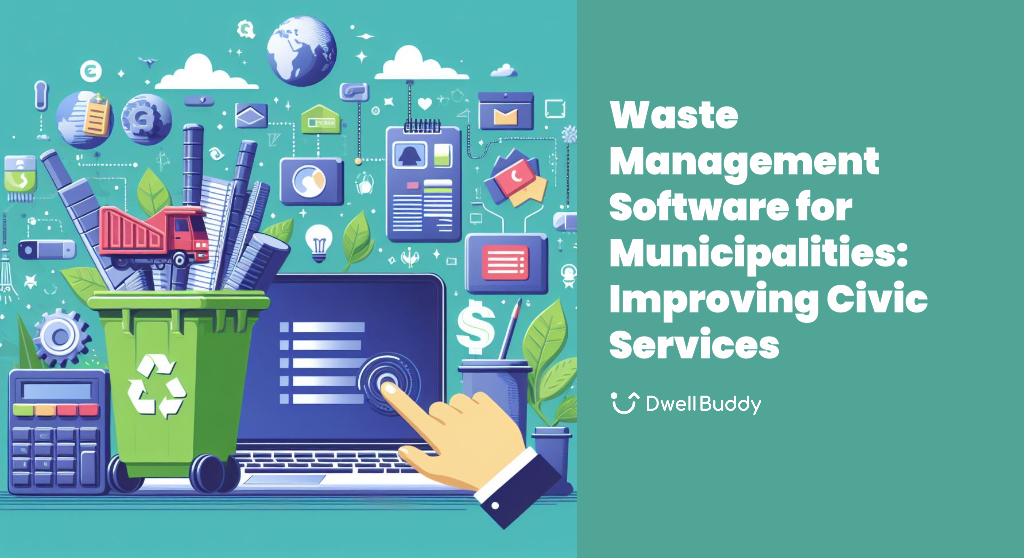
Waste Management Software for Municipalities: A Cornerstone for Sustainable Development
In today’s urban landscape, effective waste management is no longer just a service, it’s a cornerstone of sustainable development. It plays a crucial role in protecting the environment, fostering economic growth, and promoting public health. Waste management software has emerged as a powerful tool for municipalities to optimize their operations, empower residents, and ultimately, enhance the entire spectrum of civic services they provide.
Why is Waste Management Software Crucial?
For municipalities, navigating the complexities of waste management can be daunting. Waste management software streamlines this process by:
- Optimizing Collection: Design optimized routes, minimizing fuel consumption and maximizing efficiency, resulting in reduced environmental impact and cost savings.
- Boosting Recycling: Empower residents with information and tools to increase recycling rates, contributing to a more sustainable future by conserving natural resources and reducing reliance on landfills.
- Enhancing Public Health: Efficient waste management reduces exposure to harmful elements, leading to healthier communities by minimizing the risk of diseases and pest infestations.
- Saving Money: Improved resource allocation and streamlined operations translate to significant cost savings for municipalities, allowing them to invest in other essential services.
- Elevating Civic Services: By demonstrably improving waste management, municipalities can elevate their overall service offerings and resident satisfaction, fostering a stronger sense of community well-being.
Embracing Innovation: The Future of Waste Management Software
Municipalities are actively embracing innovative solutions to further enhance their waste management practices:
- Data-Driven Decisions: Leverage data analytics to understand waste generation patterns, optimize routes, and make informed decisions, leading to improved efficiency and resource allocation.Mobile Engagement: Empower residents with mobile apps to report issues, schedule services, and access recycling information, fostering active participation and promoting a sense of shared responsibility.Real-Time Tracking: Utilize RFID or barcode-based waste tracking systems to monitor waste movement and ensure proper disposal practices, enhancing transparency and accountability.
- Cloud-Based Advantage: Cloud platforms provide real-time data on waste collection and disposal, enabling swift and informed decision-making, and allowing for greater flexibility and scalability
Real-World Success Stories: Embracing Innovation in Action
Across the globe, municipalities are demonstrating the power of waste management software by embracing innovative solutions and reaping tangible benefits:
- Austin, Texas: Implementing a cloud-based system resulted in significant reductions in fuel consumption and emissions from waste collection vehicles. Additionally, a mobile app empowers residents, fostering engagement and promoting responsible waste management practices.
- Guelph, Canada: “Smart bins” equipped with sensors optimize collection routes and increase diversion rates from landfills, minimizing environmental impact.
- Dubai, United Arab Emirates: A comprehensive waste management system that utilizes real-time tracking to reduce costs and boost recycling rates, contributing to a more sustainable future for the city.
These success stories showcase the transformative potential of waste management software. By embracing innovative solutions, municipalities can achieve:
- Environmental benefits: Reduced emissions, minimized landfill reliance, and increased resource recovery.
- Economic advantages: Optimized operations leading to cost savings and improved resource allocation.
- Enhanced civic engagement: Resident empowerment through mobile apps and improved transparency in waste management practices.
As these real-world examples demonstrate, waste management software is not just technology; it’s a catalyst for sustainable development, empowering communities to build a cleaner and healthier future.
Challenges and Looking Ahead
While the benefits are undeniable, implementing waste management software comes with its own set of challenges:
- Cost: The initial investment and ongoing maintenance can be a hurdle for some municipalities.
- Data Privacy: Ensuring the security and privacy of resident data collected through the software is paramount.
- Integration: Seamless integration with existing systems and processes requires careful planning and execution.
Final Thoughts
Waste management software presents a significant opportunity for municipalities to not only improve efficiency and cost savings but also to actively engage citizens in sustainable practices. By making information readily available and encouraging resident participation, these tools can foster a sense of shared responsibility for environmental well-being. Additionally, the potential integration of AI and machine learning in waste management software offers exciting possibilities for further optimization and resource conservation. As these technologies evolve, the future of sustainable waste management looks promising.
By embracing waste management software as a cornerstone for sustainable development, municipalities can build more efficient, resilient, and ultimately, livable communities for the future.

